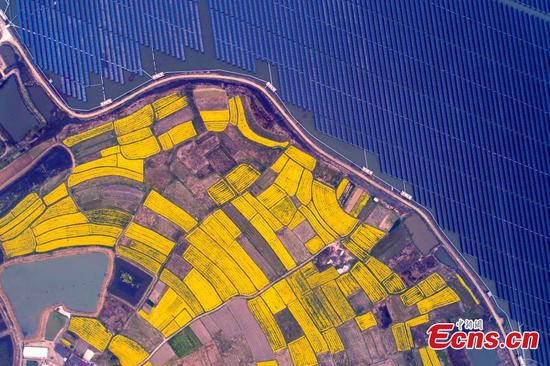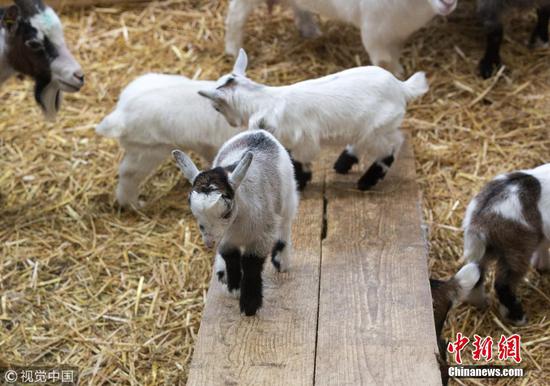China's imports of solid waste continued to drop in 2018 as the country tightened its ban on solid waste imports, according to the Ministry of Ecology and Environment (MEE).
Last year, imports of solid waste saw a sharp 46.5-percent decrease year on year, and the restricted solid waste imports slumped 51.5 percent, Qiu Qiwen, an official in charge of solid wastes and chemicals with MEE said.
The MEE has jointly worked with relevant government departments including the General Administration of Customs to forge action plans, adjust solid waste import management categories and step up the restrictions of imports, he said.
China, by no means, will loosen its policy and restrictions on the imports of solid waste, Qiu said, adding that the country is determined to significantly reduce the amount and types of imported solid waste and basically realize the target of zero solid waste imports by 2020.
According to the customs data, imports of plastic, paper and metal waste totaled 2.65 million tonnes for Jan.-Feb in 2019, down 22.9 percent from the same period last year.
China began importing solid waste as a source of raw materials in the 1980s and for years has been the world's largest importer, despite its weak capacity in garbage disposal. Some companies illegally bring foreign waste into the country for profit, posing a threat to the environment and public health.
Given rising public awareness of environmental protection and China's green development drive, the government decided to phase out and halt such imports by the end of 2019, except for those containing resources that are not substitutable.
The government announced last year to ban 32 types of solid waste, including plastics and paper, and has imposed tough quality restrictions on other recyclable materials.


















































